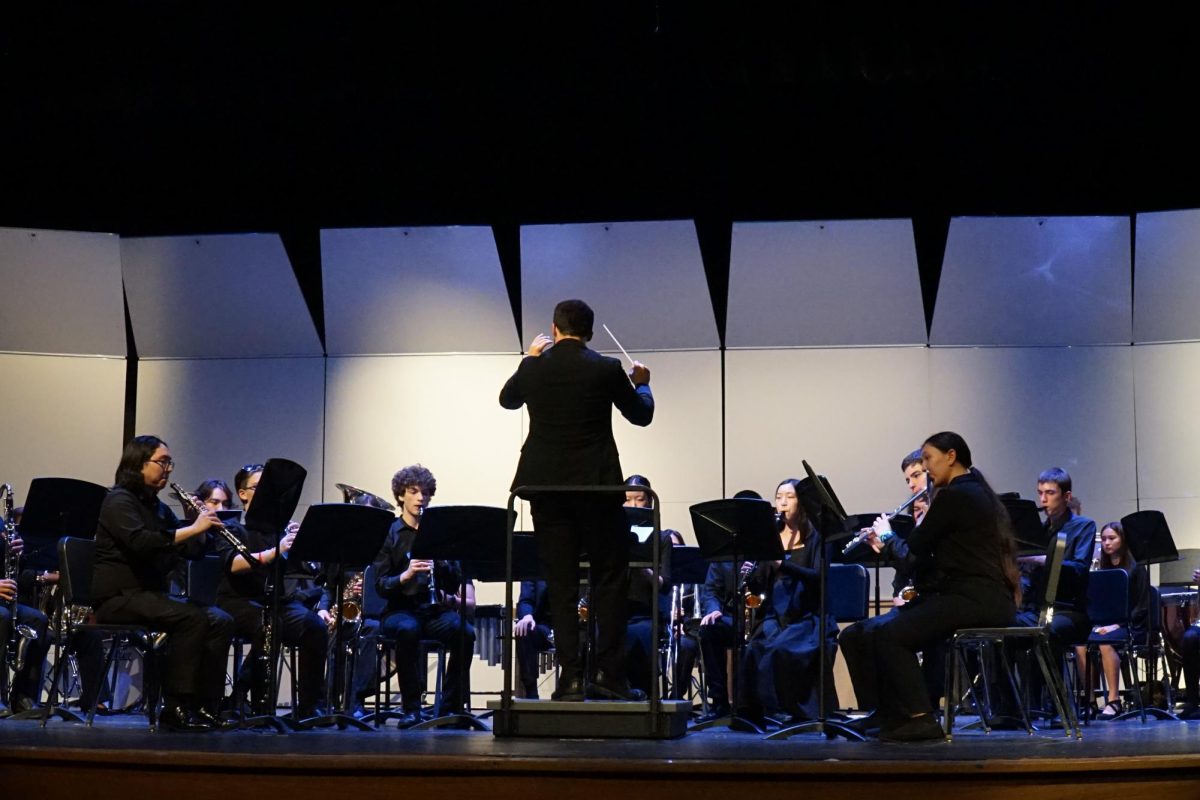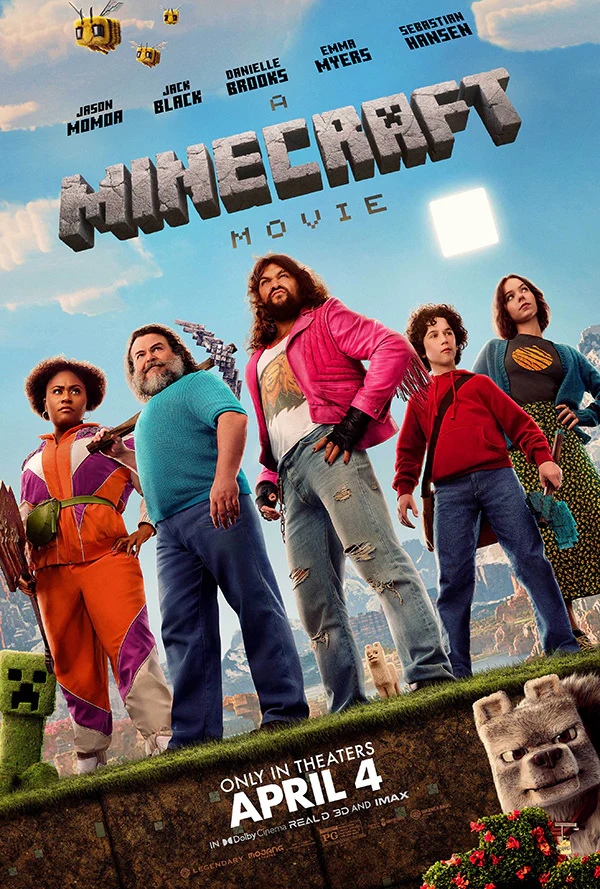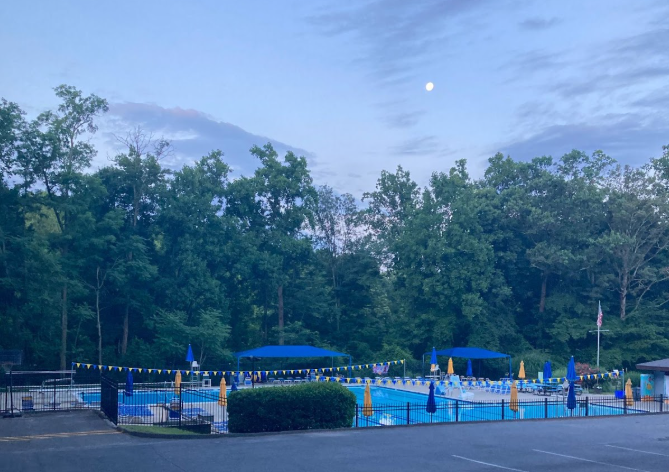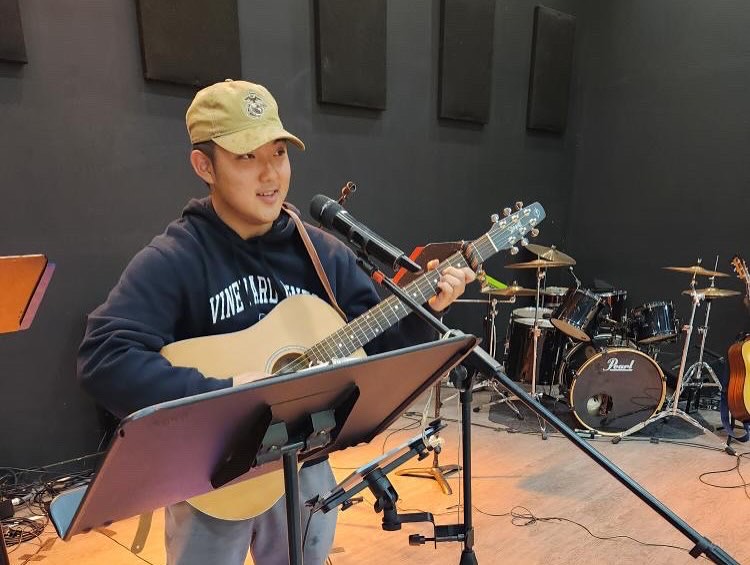To a newcomer in the indie music scene, Wilco may seem far more traditional than their peers. While other indie rock bands of the 90’s such as Flaming Lips or Neutral Milk Hotel were radically experimental, Wilco gained popularity producing fairly standard Alt-Country albums. Releases such as their breakthrough album Being There established their ability to produce relatively standard albums that rely on their strong songwriting rather than their uniqueness. Even as their albums became increasingly experimental, culminating in their 2001 magnum opus Yankee Foxtrot Hotel, frontman Jeff Tweedy always retained the traditional approach to songwriting that first brought them success. However, since Yankee Foxtrot Hotel, Wilco has shifted to a more minimalistic psych rock sound, characterized by subtle innovation rather than bold experimentation. A prominent display of Jeff Tweedy’s masterful songwriting, Wilco’s latest record Schmilco is both their most melancholy album to date and one of their most gorgeous.
Last year’s Star Wars saw Wilco taking their introspective pop song structure into a new style of fuzzed out psych rock jams which greatly expanded on the sound only hinted on in 2011’s The Whole Love. However, Schmilco breaks this pattern with its low-key unplugged sound and unassuming vocal delivery. Wilco chose to trade in the raw power of psychedelic guitar work for the dynamic jangle of a strummed acoustic guitar, which beautifully accentuates Tweedy’s lyrics. The name Schmilco is actually a reference to folk singer Harry Nilsson’s 1971 album Nilsson Schmilsson, whose work sounds like a direct influence on Schmilco. Fittingly, the goofy cover art of the album seems to state that the album is Wilco’s attempt at avoiding pretension and choosing to be open and honest in their music.
The album opens with “Normal American Kids”, a hushed folk song reminiscent of Bob Dylan or My Morning Jacket, consisting solely of an acoustic guitar, a quiet background lead guitar and Tweedy’s reflection on his teenage feelings of alienation. Next come “If I Ever Was a Child” and “Cry All Day,” two alt-country style songs featuring the gentle pitter-patter of brush drumming and Tweedy’s hushed vocals, which reflect on growing up and on a breakup in his youth respectively.
The middle of the record, namely in tracks like “Nope” and “Someone to Lose,” has a blues inspired sound and, while well written, do not feel new or original enough for Wilco to contend with albums more inspired songs. “Happiness” is a return to Tweedy’s hushed vocal delivery, this time with lyrics dealing with his relationship with his now deceased mother. This is followed by “Quarters” which has lyrics remembering his time working for his grandfather over a gently plucked acoustic guitar and is accented by a panned drum rhythm.
The album’s two final songs are among its best with “We Aren’t the World (Safety Girl)”, a gorgeous folk rock love song, and the closer “Just Say Goodbye”, a bittersweet breakup song that sounds like it could have come off of Yankee Foxtrot Hotel.
Overall, Schmilco is not Wilco’s experimental masterpiece, and in fact it doesn’t stray far from their established sound. The band chooses to experiment in subtlety rather than grandeur, showing a level of comfort in their distinct sound that rivals the most successful careers in indie music, namely Sonic Youth. However, the album functions as the band’s most honest release, and a great continuation of a discography that continues to retain the novelty the band showed in their earliest days.
Final Score: 8/10








